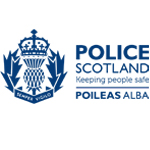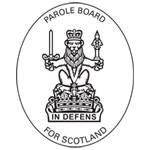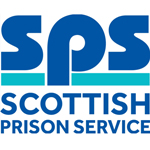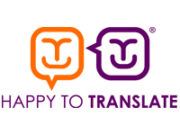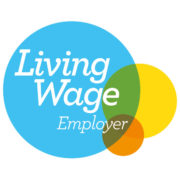Communicating with Scotland’s justice system
Following his speech to the ‘Communicating Justice: Developing Emotionally Intelligent Criminal Justice’ conference in Scotland on 10 October, Kevin, a Victim Support Scotland volunteer in West Lothian, outlines his experiences with the criminal justice system following a serious assault.
A few years ago I was at a friend’s birthday party and came out of the pub to see my friend arguing with a stranger. I went to calm it down and the stranger went away. Five minutes later a group of guys, including the stranger, came around the corner and attacked my friend and me. I was hit in the back of the head with a clothes iron, in the face with a baseball bat and on the side of my head with a glass bottle, which split my ear in two. Once I got to the hospital, it was touch and go whether I’d survive due to the amount of lost blood.
It was quite a harsh and intimidating process going through the justice system. It needs to be more person-focused and victim sensitive rather than process-focused.
For example, when I walked in the police station that night one of them made a comment about my blood making a mess on the floor they had just cleaned, while I was basically bleeding to death. When I went to the local police station a few days later once I was out of hospital, I was treated like I was a thug fighting on a Saturday night. I felt really intimidated by them despite explaining that I hadn’t been drinking, I don’t like violence and I had tried to do the decent thing.
I also felt let down by the police. Following the incident, they showed me photos to ID the perpetrators, but the attack was in the dark, over in seconds, and they had waited for almost two weeks before asking me, so I couldn’t recall clearly. When they closed the investigation, they sent me back all the evidence they’d taken from me like my bloody shirt. I felt that there was no need to send me that kind of stuff.

As the victim of the crime, I had so much to deal with in order to get back on my feet such as recuperating, seeing doctors and following up applications to criminal injuries compensation. I didn’t want to be involved in anything, I didn’t want to face people in court, I just wanted it closed and to be over. But I never got updated on the case, and it was up to me to call them for progress. So it seemed they weren’t taking it seriously and felt no support from them. Perhaps someone like a Community Liaison Officer would have improved communication by calling with updates and reassurance that I hadn’t been forgotten.
Victim Support Scotland provided emotional support to help me get back on my feet. They helped me apply for further criminal injuries compensation following the damage to my hearing and when it became apparent a few years later that I had Post Traumatic Stress Disorder.
I know how important good communication for victims of crime, through my own experiences and now that I’m a community volunteer with Victim Support Scotland. I help a range of victims and their families, including serious assault victims, giving emotional support, guiding them through the justice process and describing the support VSS provides. Sometimes I give them insight into my story, because I have achieved a positive outcome. I am studying Psychology so I can support people who have experienced serious assault deal with the aftermath, the way I was helped. Finally, I know I’m making an impact and doing good through volunteering because I’ve received many messages through social media from all kinds of people telling me to keep at it and keep doing what I’m doing.



